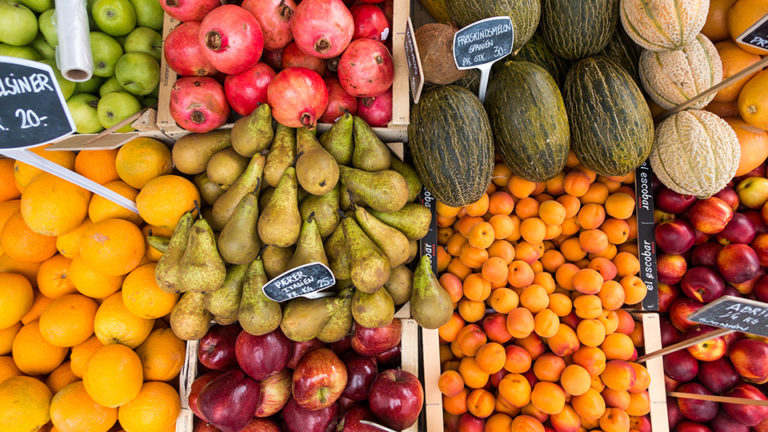The Problem With Traditional Energy Drinks
Have you ever felt low on energy, drained, or exhausted, yet unable to find an energy drink that fits you? That’s because the selection of energy “solutions” on the market today wasn’t designed for you. These drinks typically don’t contain adaptogens, antioxidants, or vitamins from fruits and veggies.
You’re not an adrenaline junkie who wants to feel the instant buzz of caffeine hit your system. You’re a parent, a caregiver, a student, a boss babe — a health-conscious person who just wants to feel your best and get the most out of your day.
The energy drink market in the United States is close to $27 billion annually. Energy drinks are among the most popular dietary supplements, second only to multivitamins! Yet, there aren’t many popular solutions for the health-conscious consumer who wants a beverage that is refreshing, supports their goals, and is free from all the unwanted junk that so often accompanies energy drinks.
Energy Drinks Today
We have all been there — that aisle in the gas station or grocery store filled with neon cans screaming promises of instant energy. These drinks taste as fake as they look, packed with sugar or artificial sweeteners, colors, and flavors to mask the taste of a megadose of synthetic caffeine and other stimulants.
While these drinks will surely do the job, they can often lead to an unpleasant jittery feeling followed by a crash instead of the lasting energy and elevated alertness you hoped for. They simply don’t make you feel good.
Buzzkill: Health Risks From Energy Drinks
Given the overwhelming popularity of energy drinks, researchers and government organizations are beginning to raise potential concerns over their safety. Some popular energy drinks on the market today have been linked to risks for heart health and kidney health.
Researchers are pinpointing loads of added sugars, megadoses of caffeine, and dangerous additives as potential culprits of these negative outcomes. For example, one American Heart Association study on the effects of a typical energy drink on the market included a drink that contained over 100 grams of sugar and over 300 milligrams of caffeine.
Time for a Better Choice
A clean energy solution is needed now more than ever. A National Safety Council survey reported that 43% of Americans say they do not get enough sleep. More adults than ever are feeling low on energy and are looking for a solution they can feel good about.
The good news is, with recent scientific advancements, there are newer alternatives to the popular, name-brand energy drinks. You no longer have to settle for artificial flavors and sweeteners. Always be sure to read the labels on energy drinks and investigate the ingredients. Your body will thank you!







